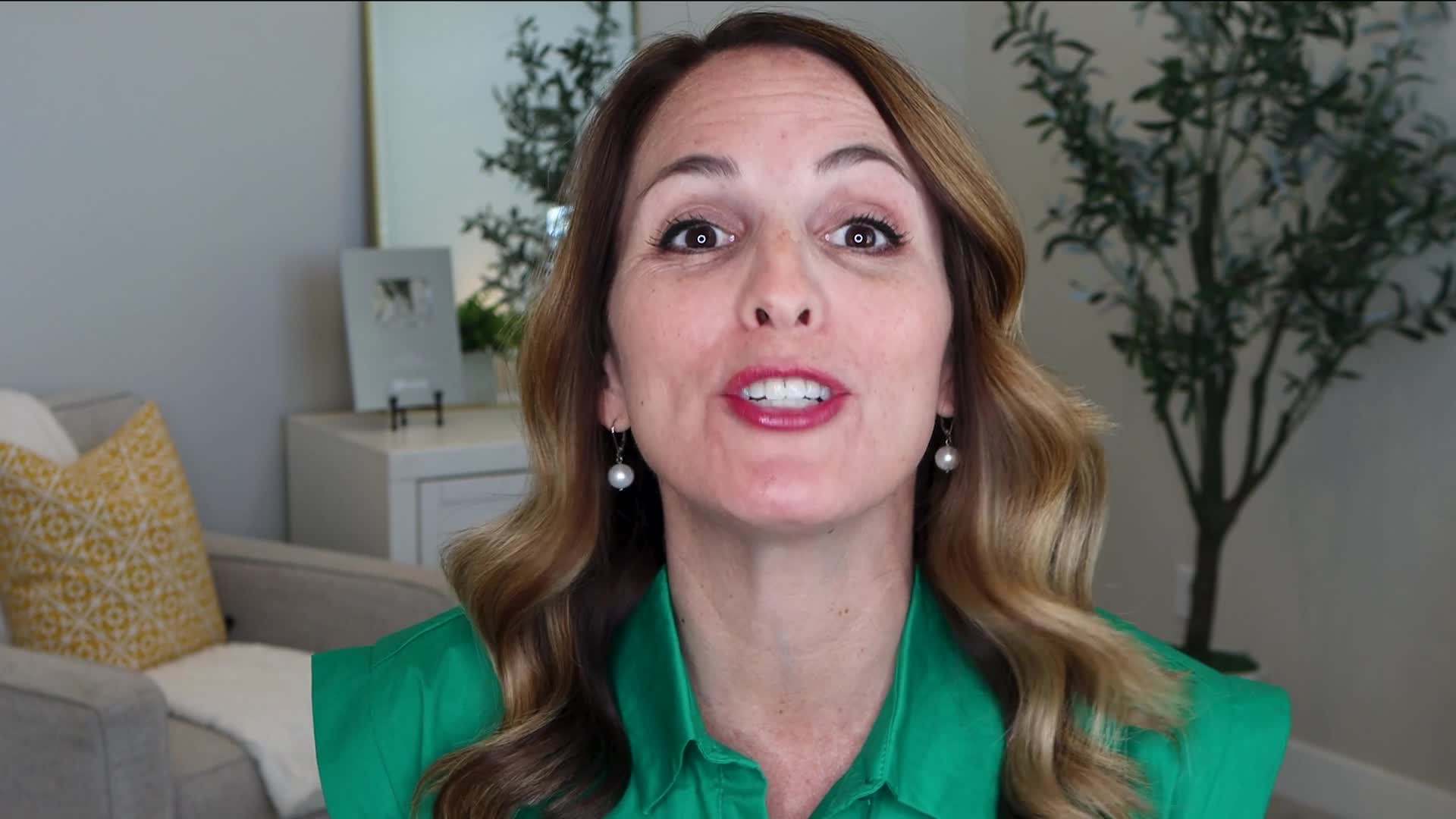interview preparation
What are the key strategies for formulating effective interview questions according to Chris Wallace?
According to Chris Wallace, thorough preparation is essential when formulating interview questions. He emphasizes that while interviewers may not know as much as their subjects about specific topics, they have the advantage of knowing what they'll ask in advance. Wallace stresses making questions 'bulletproof' by keeping them focused, narrow, and precisely phrased to prevent interviewees from exploiting imprecisions. Equally important is the follow-up question, which Wallace considers crucial for creating newsworthy moments. He notes that the initial question is sometimes almost a 'throwaway,' while the real value comes from carefully listening to responses and crafting targeted follow-ups. This approach allows interviewers to maintain control of the conversation and extract meaningful information even from challenging subjects.
Watch clip answer (03:44m)What are the three effective LinkedIn job search strategies to stand out and find job opportunities?
The three effective LinkedIn job search strategies are: first, browsing recommended jobs tailored to your profile, which delivers more relevant opportunities than random searching. Second, leveraging your network connections who work at target companies, as candidates with internal referrals are much more likely to get interviews and be hired. Third, setting up job alerts with specific filters to receive timely notifications about new positions matching your criteria. These strategies help you save time, maintain confidence, and apply quickly to new opportunities.
Watch clip answer (11:05m)What services does this online platform offer for career coaches and job seekers?
This platform caters to career coaches who specialize in job search assistance, resume writing, career guidance, and LinkedIn profile optimization. The services offered include career consulting, resume revision, LinkedIn profile revision, and automated job application tools. Users receive personal attention with each service and can join an online community of learners. The platform operates on a rolling application basis, with opportunities closing once the need for a particular role is fulfilled, making prompt application important.
Watch clip answer (01:01m)Why did Donald Trump refuse to confirm his communications with Vladimir Putin after the 2016 election?
Donald Trump demonstrated a striking pattern of evasiveness when asked about communications with Vladimir Putin after the 2016 election. When directly questioned by journalists, he repeatedly claimed it was "inappropriate" to discuss whether he had spoken with Putin, despite openly bragging about conversations with numerous other world leaders including controversial figures like President Xi Jinping of China. This selective secrecy about Putin communications stands in sharp contrast to Trump's otherwise enthusiastic public announcements about diplomatic calls with leaders from France, Israel, Saudi Arabia, and many others. His refusal to confirm or deny contact with Putin raised significant concerns about the nature of their relationship and potential implications for U.S.-Russia relations during his presidency.
Watch clip answer (01:03m)How does Senator John Kennedy prepare for interviews?
Senator Kennedy approaches interview preparation by first identifying the topic and then deliberately thinking about how to frame his thoughts within the limited time available (often just four minutes). He acknowledges that his spontaneous communication style sometimes leads him to say things he shouldn't. With characteristic humor, Kennedy explains this tendency with his memorable phrase: 'God made me, and God gave me the right to remain silent, but not the ability.' This candid admission reflects his self-awareness about his straightforward and sometimes provocative communication approach during media appearances.
Watch clip answer (00:19m)How does Senator John Kennedy prepare for interviews?
Senator Kennedy reveals that his interview preparation is quite brief and personal. About five minutes before an interview, his staff knows to leave him alone while he starts thinking about the topic and how to frame his thoughts. During this short window of about four minutes, he mentally organizes his approach to the subject. While acknowledging that he sometimes says things he shouldn't, Kennedy embraces his natural speaking style with a touch of humor, noting that 'God gave me the right to remain silent, but not the ability.' This approach highlights his preference for authenticity over extensively rehearsed answers, allowing for his characteristic spontaneous communication style.
Watch clip answer (00:34m)




